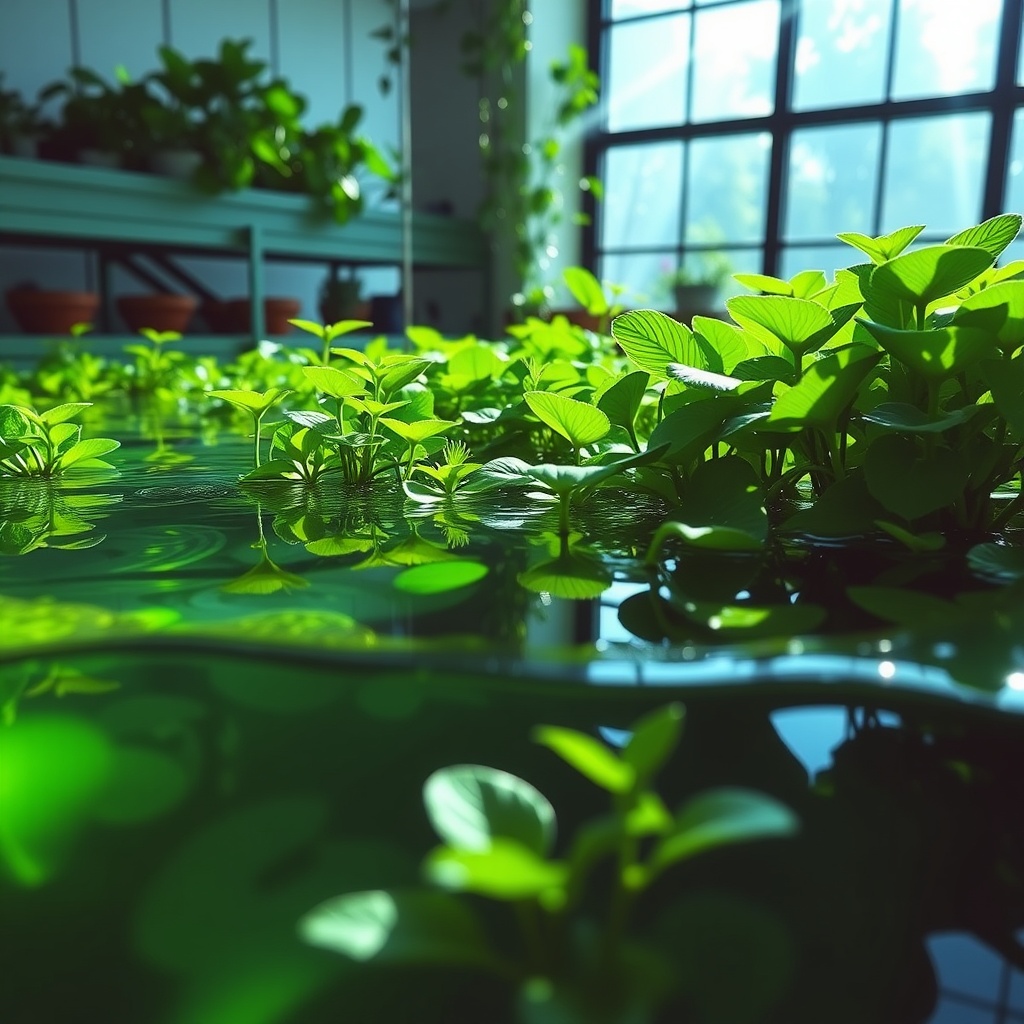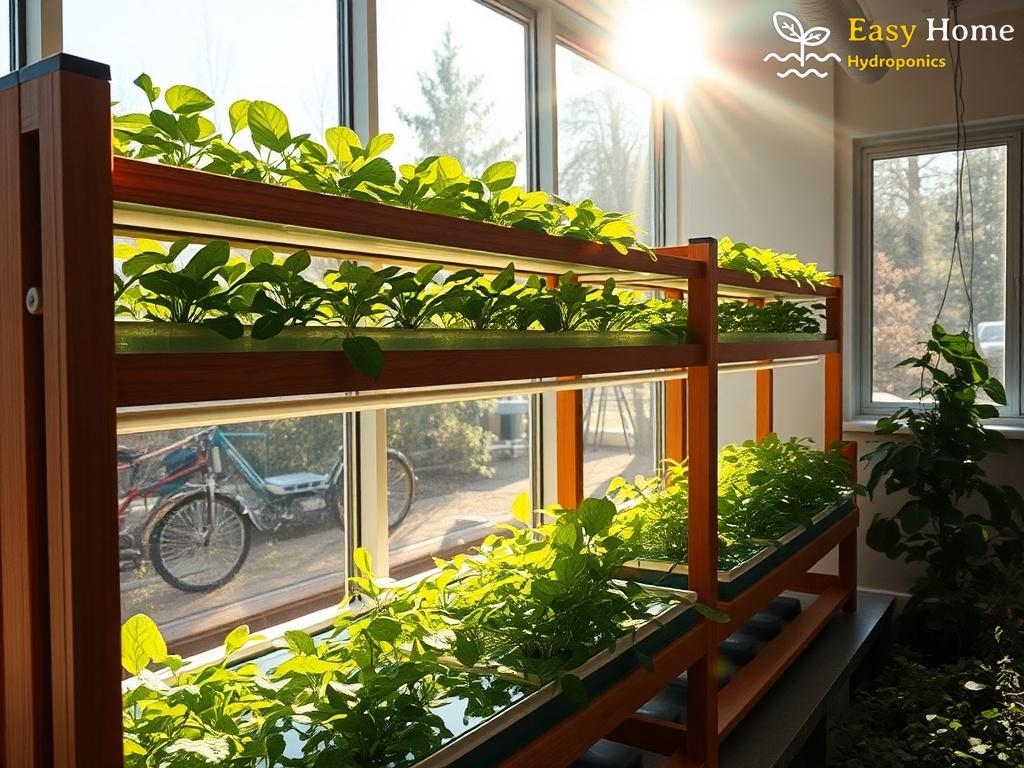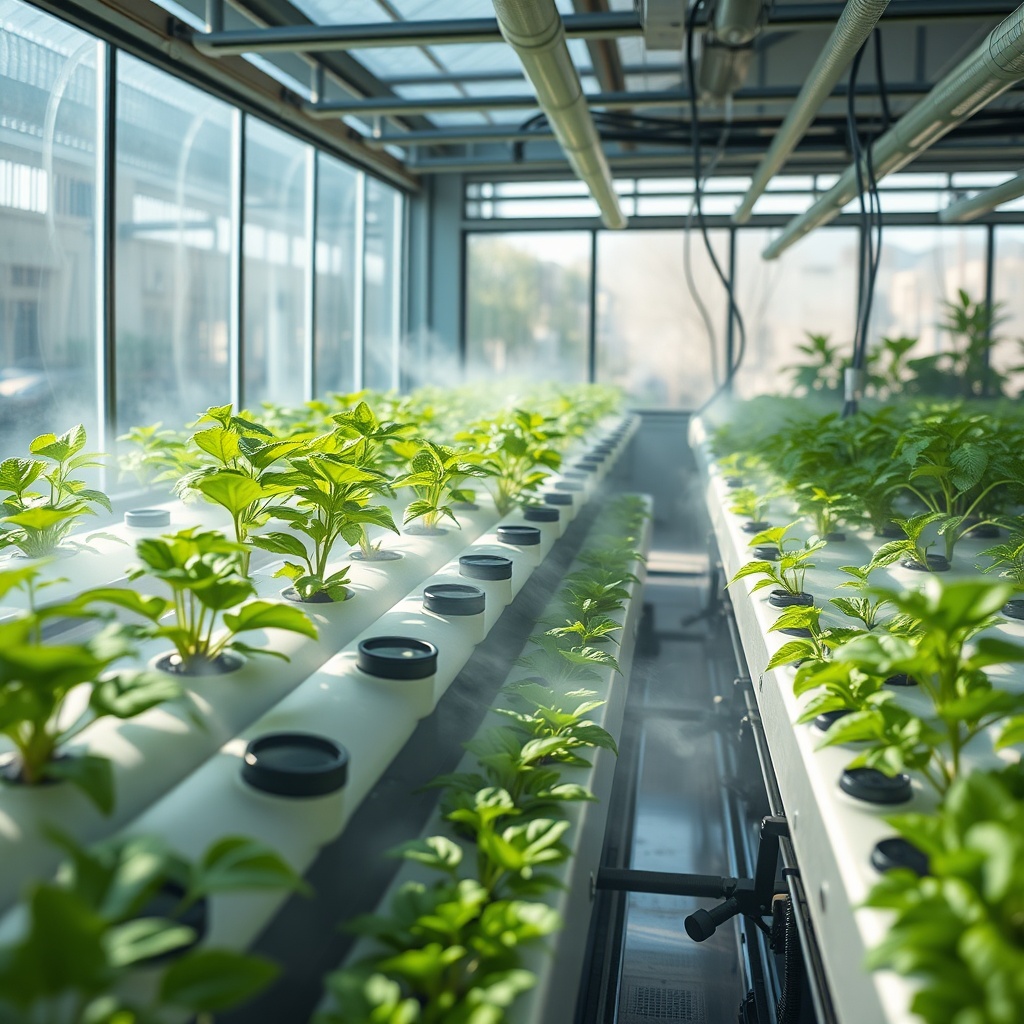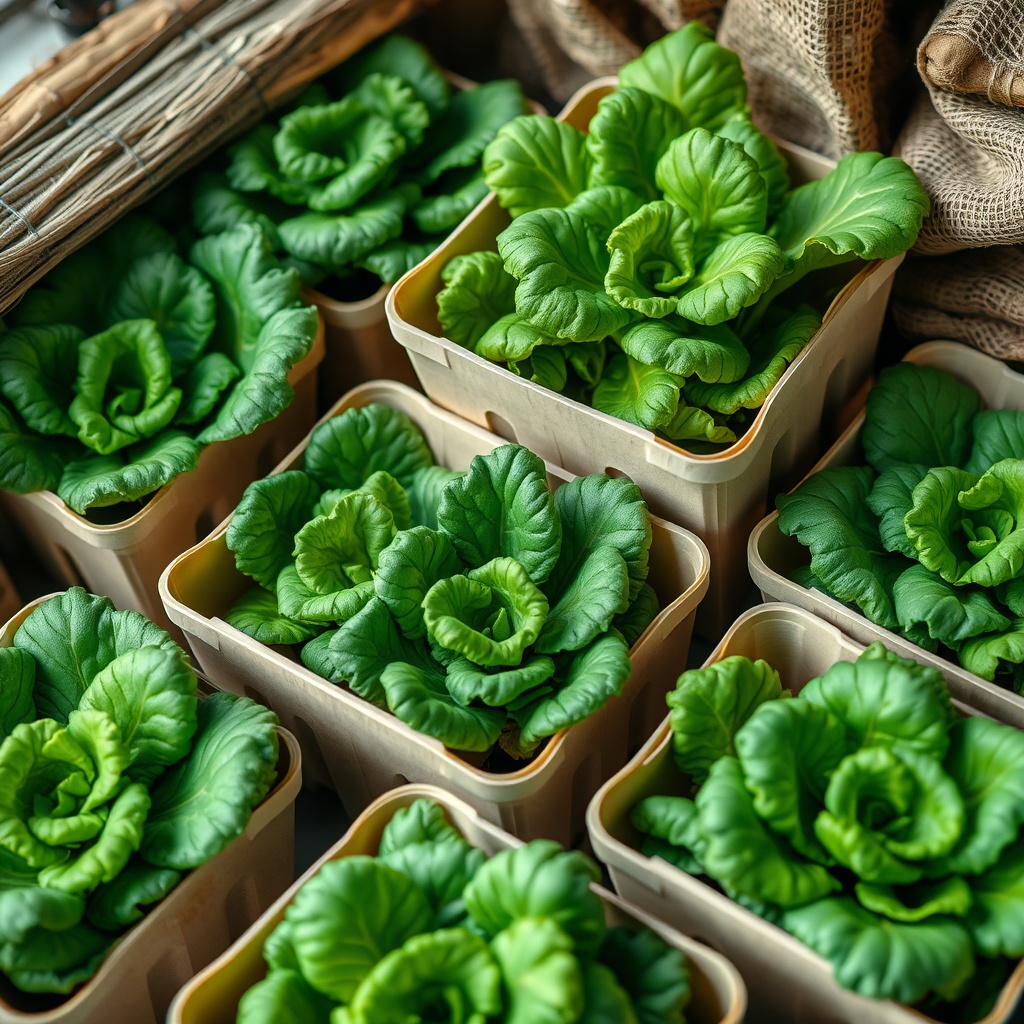Embracing Hydroponics: A Green Revolution
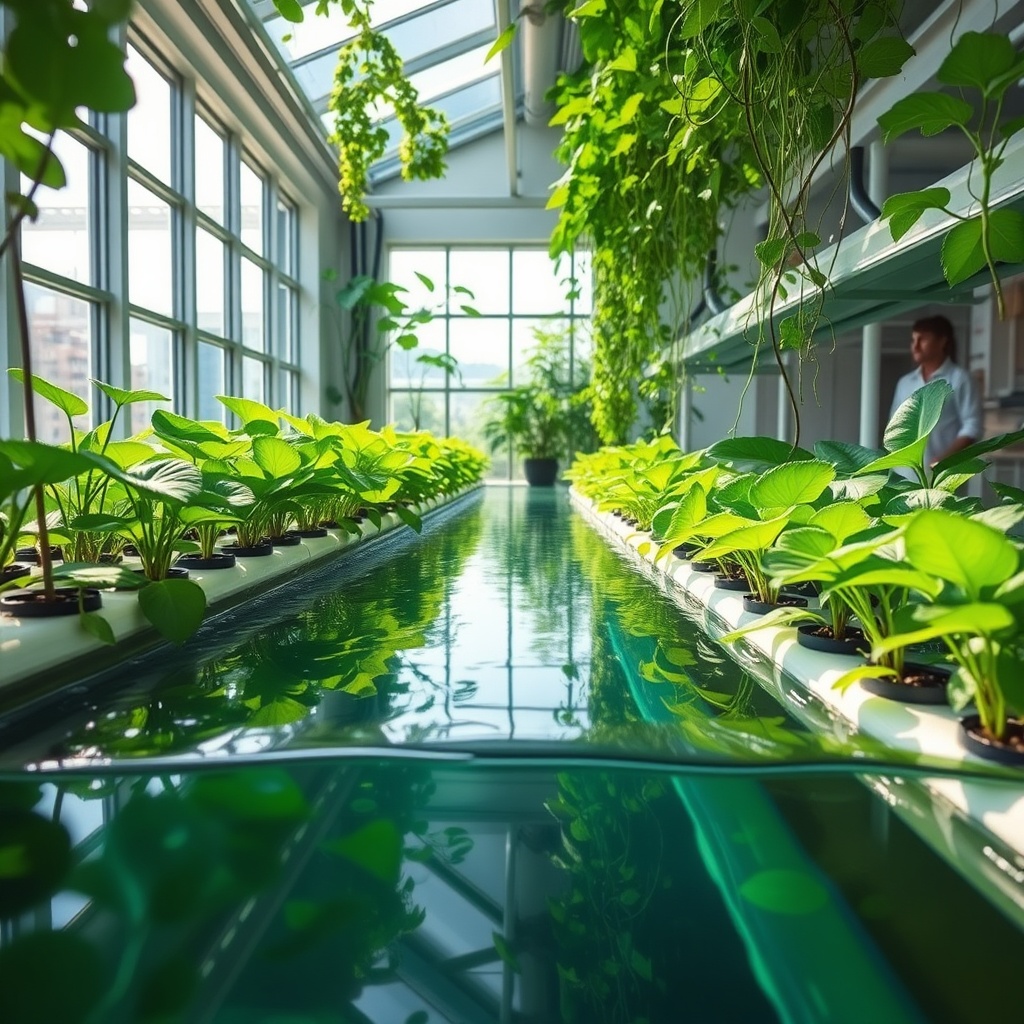
As the global population continues to rise, the demand for sustainable food production methods has never been more urgent. Enter Deep Water Culture (DWC), a hydroponic system that offers an eco-friendly approach to growing plants without soil. By submerging plant roots in nutrient-rich water, DWC not only conserves resources but also promotes faster plant growth and higher yields. This innovative method is paving the way for a greener future, allowing us to cultivate food with minimal environmental impact.
Benefits of DWC: A Closer Look
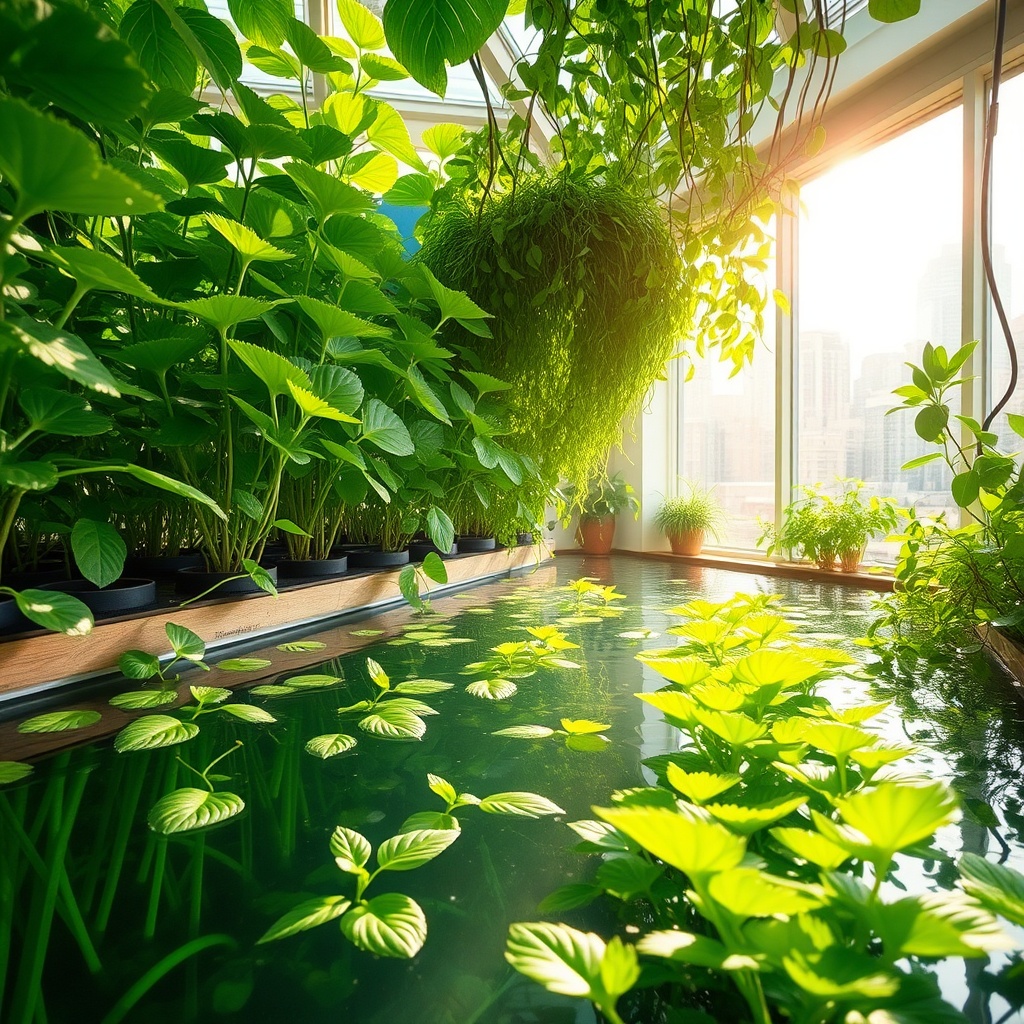
DWC stands out among other hydroponic systems due to its numerous advantages. By understanding these benefits, you can appreciate why it has become a favored choice for environmentally conscious gardeners.
- Water Conservation: DWC uses significantly less water than traditional soil farming, making it a sustainable choice in water-scarce regions.
- Reduced Chemical Use: By eliminating soil, DWC minimizes the need for pesticides and herbicides, promoting healthier crops.
- Space Efficiency: DWC systems can be set up vertically, maximizing growing space in urban environments.
- Faster Growth Rates: Plants thrive in a nutrient-rich environment, resulting in quicker harvest cycles.
- Lower Carbon Footprint: Localized food production reduces transportation emissions, contributing to a healthier planet.
Implementing Eco-Friendly DWC Practices
Adopting eco-friendly practices in your DWC setup not only enhances sustainability but also ensures healthier plants. Here are some steps to consider:
- Use organic nutrient solutions to support plant health without chemical additives.
- Incorporate renewable energy sources, such as solar panels, to power your DWC system.
- Implement a closed-loop system to recycle water and nutrients, further conserving resources.
- Choose native or drought-resistant plant varieties that require less water and are more resilient.
By embracing these eco-friendly practices, you contribute not only to your garden’s success but also to the well-being of our planet. The shift towards sustainable agriculture begins with innovative methods like DWC, proving that growing food can be both productive and environmentally responsible.

